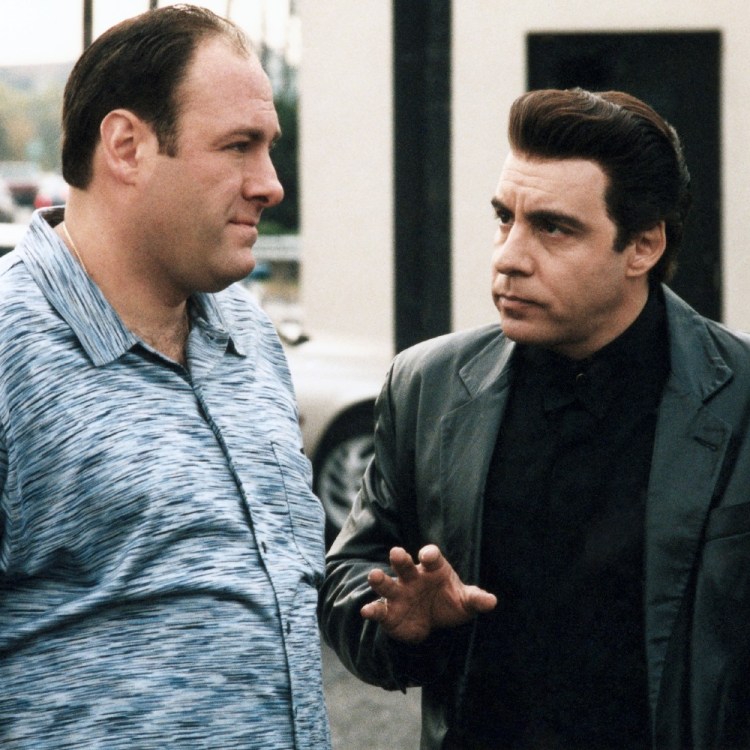Since it first debuted on HBO, The Last of Us has garnered critical acclaim, inspired countless think pieces and served as a reminder that, hey, making a good video game adaptation for other media is possible. (See also: Werewolves Within, but that’s an argument for another article.) But there have been ambitious, high-quality television shows that blended science fiction and horror that haven’t reached The Last of Us‘s heights — so what else explains its success?
According to scientist David Hughes, who advised the creators of the original game on the behavior of fungi that can take over ants, a very real pandemic may have played a part. In an interview with Nature‘s Nisha Gaind, Hughes made a convincing argument about what the events of the last few years have had on the public’s appetite for tales of apocalyptic futures.
“You build a game about a dystopian future based on a pandemic, you live through a pandemic, and then what’s the relevance of the game or the movie?” Hughes asked Nature. “I think our appetite for being scared by pandemics has receded because we all have PTSD. Or, we don’t have PTSD and realized that some of us just don’t care about other people.”
The New Season of “The Last of Us” Will Have an ASL Edition
Its first season is also getting an ASL optionThe whole interview is well worth reading, though perhaps the most candid moment comes when Hughes responds to a question about the accuracy of the science in the game and show. “I don’t think the job of the entertainment industry is to impress scientists. Scientists are highly problematic individuals,” he replied. “It’s called the Carl Sagan effect. The more you popularize science, the less good your science is.”
This article appeared in an InsideHook newsletter. Sign up for free to get more on travel, wellness, style, drinking, and culture.



















